By Muhammad Asif Noor
(ECNS) -- While addressing the conference marking the 70th anniversary of the Five Principles of Peaceful Coexistence, Chinese President Xi Jinping made significant remarks outlining China’s strategic vision for the world.
The event is a landmark in Beijing’s global standing amidst a rapidly evolving global landscape and offers a compelling reaffirmation of these foundational principles of coexistence. While underscoring the enduring relevance and introducing a forward-looking framework aiming at fostering global cooperation, peace, and mutual respect, Xi reiterated the country’s commitment to these principles as a clear roadmap for addressing the complexities of modern international relations.
Seventy years ago, the Five Principles of Peaceful Coexistence were established against the backdrop of a world recovering from the devastation of World War II and the onset of the Cold War. These principles—mutual respect for territorial integrity and sovereignty, mutual non-aggression, non-interference in each other's internal affairs, equality and mutual benefit, and peaceful coexistence—were designed to provide a framework for harmonious international relations. These principles quickly gained traction globally, influencing international norms and laws and bolstering China’s standing as a global power that endorses only a peaceful rise with a shared future for humanity.
President Xi’s speech is a compelling reminder of the enduring relevance of these principles. He emphasized that they have transcended time and space, showing robust resilience and everlasting relevance even today. In a world plagued by geopolitical tensions, economic uncertainties, and the existential threat of climate change, reaffirming these principles is not merely symbolic but a necessary call to return to fundamental values. These principles are also what the United Nations Charter propagates, prioritizing peace, mutual respect, and collaboration over conflict and unilateralism.
A significant aspect of Xi’s address is its emphasis on the principle of sovereign equality. This is particularly critical at a time when power dynamics often overshadow the sovereignty of smaller nations. President Xi’s insistence that all countries, regardless of size or power, are equal members of the international community is a clear rejection of hegemonic practices. It is a call for a more inclusive and equitable international order, where the rights and interests of all nations are respected.
Moreover, Xi’s speech underscores the importance of mutual respect and non-interference. In an era marked by interventionist policies and the imposition of one’s will on others, these principles serve as a reminder of the need for a respectful and non-coercive approach to international relations. They advocate respecting different historical and cultural traditions, development paths, and governance systems, promoting tolerance and understanding in a world increasingly divided by ideological differences.
China’s vision of building a community with a shared future for humankind is a forward-looking initiative that carries forward the spirit of the Five Principles. Rooted in traditional Chinese values of harmony and mutual benefit, this vision aligns with global aspirations for sustainable development and peace. It sets a new model of equality and coexistence for international relations, responding to the world’s prevailing trends of peace, development, cooperation, and win-win solutions. This vision also addresses the intertwined challenges of development and security, inspiring innovative approaches to global issues.
Compared to earlier speeches on similar occasions, which often emphasized China’s rise and national aspirations, this address focuses more on shared responsibilities and collective actions. It acknowledges the interconnectedness of today’s world and the necessity of collaborative efforts to tackle global challenges. This inclusive and cooperative stance reflects China’s growing confidence and maturity on the global stage.
When looking at these five principles, it is also important to note that Pakistan also adheres to these important values. Mutual respect for territorial integrity and sovereignty is crucial to Pakistan. The principle of mutual non-aggression reinforces a stable regional environment, which is vital for Pakistan's security. The China-Pakistan Economic Corridor (CPEC), a flagship project under the Belt and Road Initiative (BRI), embodies the principle of mutual benefit, driving infrastructure development, energy production, and economic growth in Pakistan. Projects under the CPEC have created thousands of jobs, significantly contributing to Pakistan's GDP.
While the principle of coexistence is evident from the longstanding friendship and strategic cooperation between the two countries, the principle of non-interference is equally important as it ensures that Pakistan can pursue its domestic policies without external pressure, fostering an environment of trust and cooperation. These principles, in fact, provide a solid foundation for the enduring and multifaceted partnership between Pakistan and China, promoting stability, development, and peace in the region.
As the world stands at a crossroads, grappling with unprecedented crises, China’s call for unity, respect, and shared progress offers a hopeful and pragmatic path forward. It is a reminder that in our quest for a better future, cooperation and mutual respect must be our guiding stars. As we look forward, the principles of peaceful coexistence remain as relevant as ever, guiding nations toward a collaborative and inclusive global order where every country, regardless of size or power, can thrive in harmony.
The author is the founder of Friends of Belt and Road Initiative Forum, an advisor to Pakistan Research Center of Hebei Normal University and a co-founder of the Alliance of China-Pakistan Research Centres. The views don't necessarily reflect those of Ecns.cn









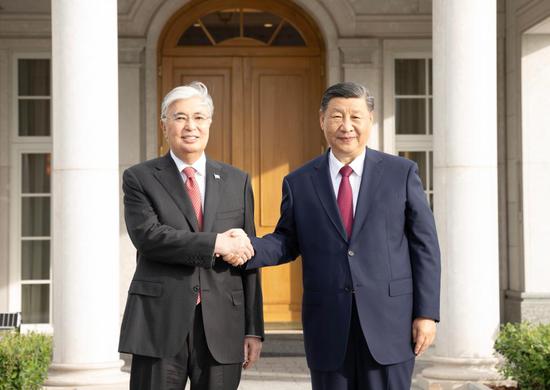
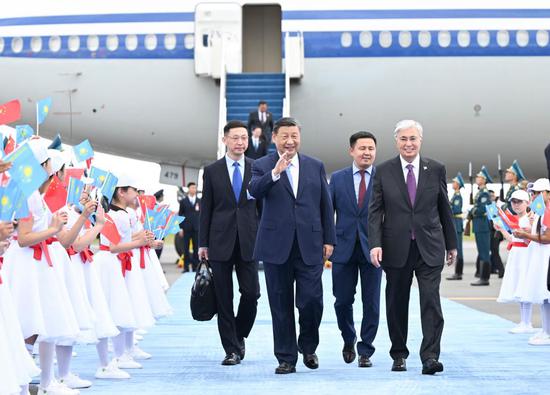
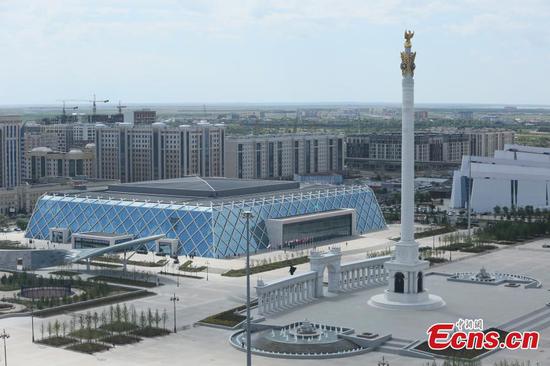
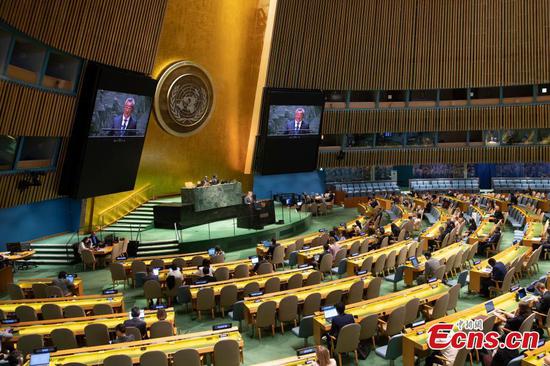


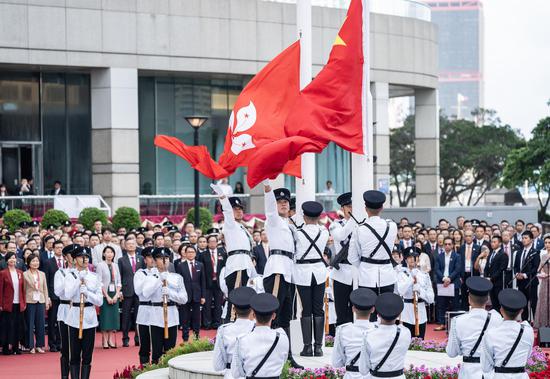


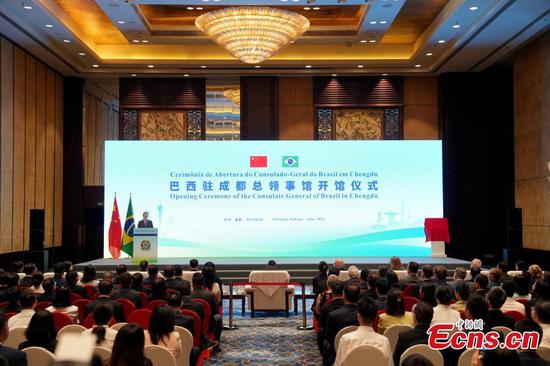




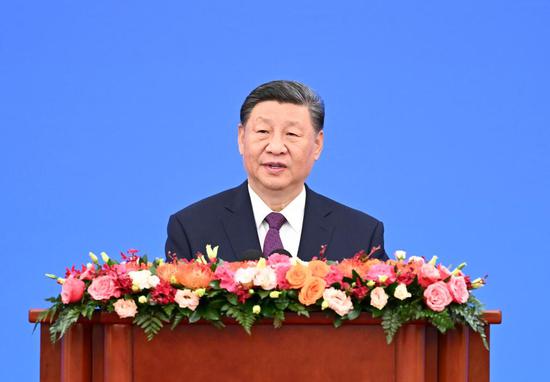

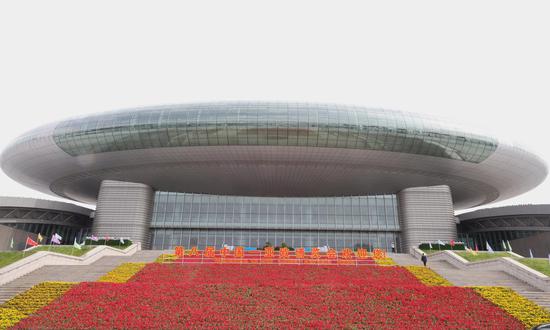








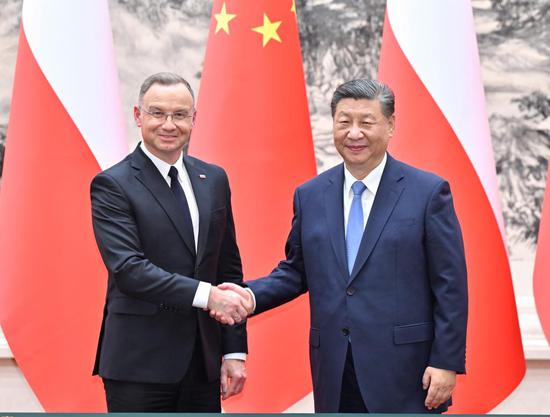





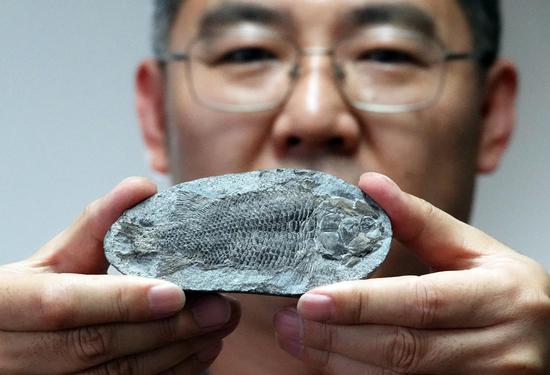
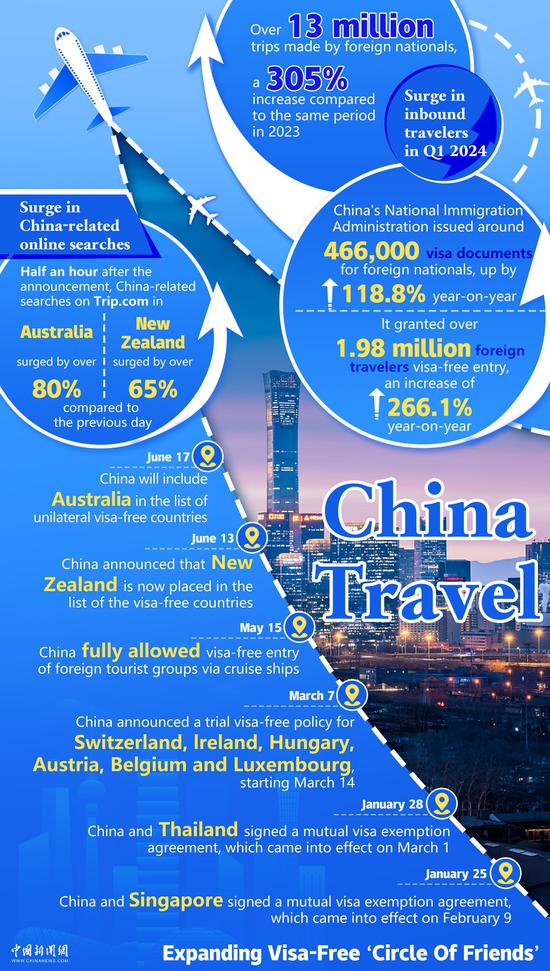








 京公网安备 11010202009201号
京公网安备 11010202009201号